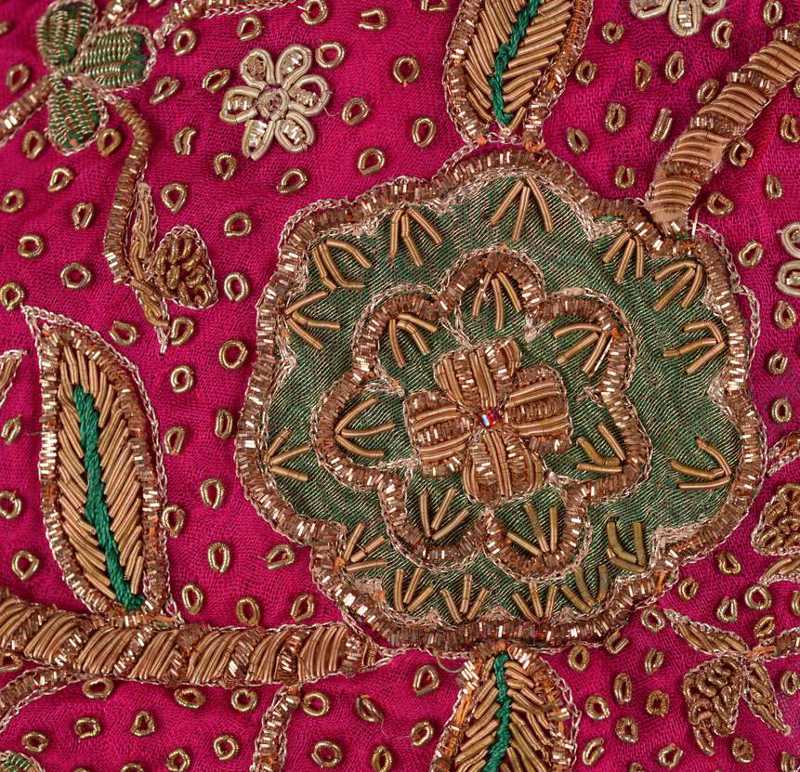===
0328,
7
===

=== |
 |
balā : 'Trial, affliction, misfortune, calamity, evil, ill; a person or thing accounted a trial, affliction, &c.; evil genius, evil spirit, devil, fiend; a wonderful or extraordinary person or thing; an awful or terrible person or thing; an insignificant, or vile, person or thing; excessive, fearful or awful amount or quantity (of)'. (Platts p.163)
t̤abʿa : 'Nature, innate or natural disposition; genius; natural temper, temperament; idiosyncrasy; quality'. (Platts p.751)
raushan : 'Light, lighted up, alight, illuminated; bright, shining, splendid, luminous; clear, evident, manifest, conspicuous'. (Platts p.606)
zavāl : 'Declining (as the sun from the meridian); declination; setting (of the sun, &c.); decline, wane, decay; fall; cessation; defect, deficiency, failure'. (Platts p.618)
FWP:
SETS == GRANDIOSITY; IDIOMS
MOTIFS
NAMES
TERMS'I am my own decline/setting'-- that is really a spectacularly strange thing to say. SRF normalizes it: he argues that Mir is really just loftily claiming to be (like) the sun, and thus to share the sun's glorious qualities of radiance and uniqueness, along with its being compelled to set. But even if we were speaking about the sun, what would it mean to say 'the sun is its own setting'? That's the kind of pretentious aphorism that's meant to sound very profound and instead just sounds annoying. On a common-sense level, it's obviously false (unless we want to say that the sun also 'is' its own rising, and its own noonday glory, and its own eclipse, and its own sunspots, and so on).
So the statement has to be taken metaphorically, but how exactly? We're left entirely to our own devices. Is the speaker/sun 'the cause of' his own setting? Is he condemned to live 'at the time of' his own setting? Is he 'absorbed in' or 'obsessed with' his own setting? Is he an inadequate sun, too weak to sustain his radiant temperament, and thus in the process of burning out?
We're left so clueless because the first line has given us no reason or poetic 'proof' of why or how the speaker/sun 'is' his own decline or setting. Instead, the first line is devoted to cleverly evoking (not quoting or repeating) an old Persian 'saying' about how radiance of temperament can be a disaster. (Rashk's verse too invokes this saying.) So are we to conclude that the speaker's own 'radiant temperament' has caused him to burn out? The use of 'although' seems to point us away from this reading. So we can just fill in the blank with any dire problem of the lover's crazed life, as we choose.
Compare Ghalib's description of himself as 'the sound of my own breaking':
G{71,1}.
Ghalib's verse is more powerful and less problematic, because there's a more effective 'connection' between his lines. In his first line he names two (good, musical) things that he's explicitly not; in the second line he names a (bad, musical) thing that he is. So we can more readily imagine that he's (like) the string of an instrument that's been too tightly strung. We are thus given a kind of guidance that helps us frame the verse in our minds.
By contrast, Mir gives us in the first line only the vague ideas of disaster and radiance, which don't really help us to approach the second line. Yet that second line in its own right is so punchy, so potent, so mysterious! Let's just call this one a verse of 'mood' and not try to torment it into yielding any kind of rational 'connection' or meaning.
Note for grammar fans: When huʾī hai mirī would go so well with the feminine singular balā , how do we know that the hai mirī part should best be considered anticipatory and saved to go with the feminine singular t̤abʿa coming later? Answer: the first time through, we don't know. Only upon rereading it (or, under mushairah conditions, replaying it in our minds) do we realize how to put it together. And even then, the only way we know is from the semantic context and constraints (do we really want to find ourselves stuck with the extreme sketchiness of t̤abʿa-e raushan mīr ?).